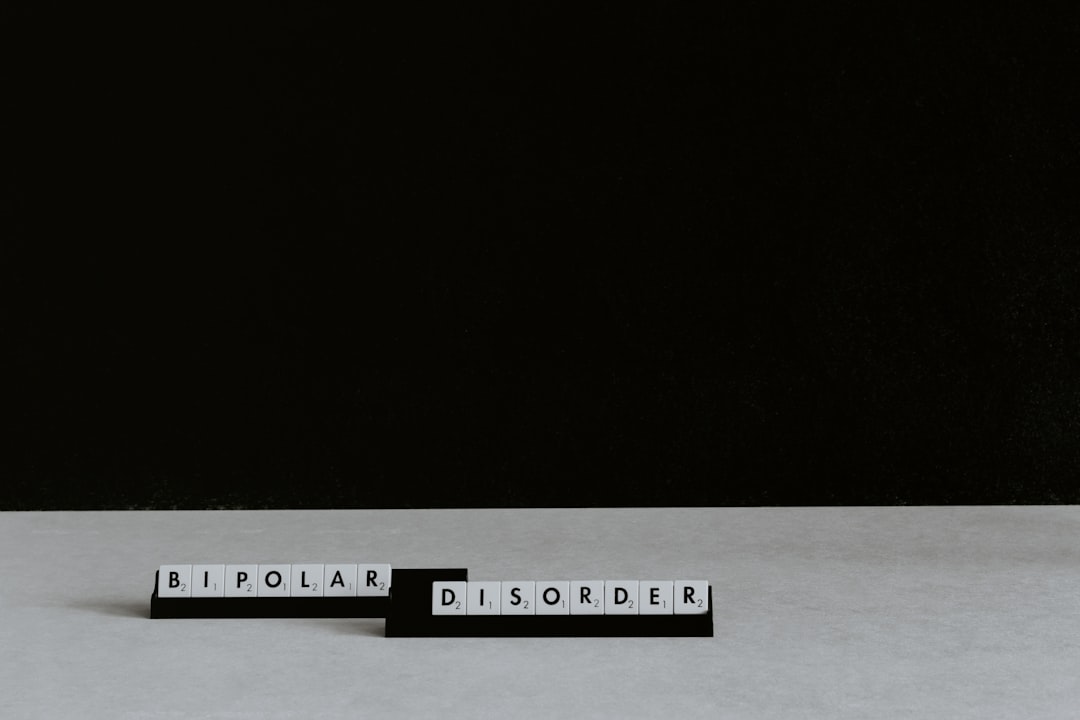Have you ever felt like your emotions were on a rollercoaster, or perhaps witnessed a loved one’s feelings shift dramatically in a short span? It can be confusing, even overwhelming, for everyone involved. Understanding the inner world of someone experiencing mood swings is crucial for fostering empathy, improving communication, and building stronger, more resilient relationships. Let’s explore this often-misunderstood aspect of mental well-being together! 😊
What Exactly Are Mood Swings? 🤔
Mood swings are sudden, often intense shifts in emotional state. One moment, someone might be feeling joyful and energetic, and the next, they could be irritable, sad, or anxious. While everyone experiences fluctuations in mood, significant mood swings can be unpredictable and difficult to control, profoundly affecting daily routines and relationships.
These shifts aren’t just “bad days”; they can be influenced by a variety of factors, ranging from hormonal changes and stress to underlying mental health conditions. Understanding the distinction between normal emotional variability and more severe, disruptive mood swings is the first step toward effective support.
In 2024, an estimated 57.8 million adults (19% of the U.S. population) experienced a mental illness, with anxiety disorders being the highest reported issue. This highlights the widespread nature of emotional challenges in our society.
The Science Behind Emotional Fluctuations 📊
Recent research continues to shed light on the complex interplay of brain chemistry, hormones, and psychological factors that contribute to mood swings. For instance, a Dartmouth-led study published in Nature Neuroscience in April 2024 identified specific brain regions involved in emotion regulation, particularly areas of the anterior prefrontal cortex. These findings offer new insights into how emotion regulation works and could lead to clinical applications for enhancing emotional control.
Furthermore, meditation has been shown to induce changes in deep brain areas associated with emotional regulation and memory, such as the amygdala and hippocampus. This research, published in PNAS in February 2025, suggests meditation’s potential as a noninvasive therapy to help individuals modulate brain activity for better emotional balance.
Common Causes of Mood Swings
| Category | Description | Examples | Recent Insights |
|---|---|---|---|
| Biological Factors | Hormonal imbalances and brain chemistry changes. | Menstrual cycle, menopause, thyroid issues, neurotransmitter imbalances. | Research in 2024-2025 highlights specific brain regions and neurotransmitter systems (cannabinoids, opioids, serotonin) involved in emotion regulation. |
| Psychological Factors | High stress, past trauma, anxiety, depression, and other mental health conditions. | Generalized anxiety disorder, major depressive disorder, bipolar disorder, PTSD. | Mental health conditions like anxiety and depression are increasingly prevalent, with 18.3% of U.S. adults reporting depression in 2025. |
| Environmental Factors | Lifestyle choices and significant life changes. | Poor diet, lack of sleep, substance abuse, job changes, relationship issues. | Lack of sleep, poor diet, and stress are consistently linked to worsening mood swings. |
| Medication Side Effects | Some prescribed medications can have mood changes as a side effect. | Certain antidepressants, steroids, or other drugs. | Always consult a doctor if you suspect medication is affecting your mood. |
If mood swings are severe, persistent, or significantly impacting daily life and relationships, it’s crucial to seek professional help. They can sometimes be a symptom of underlying mental health conditions like bipolar disorder or premenstrual dysphoric disorder (PMDD).
Key Checkpoints: Remember These Essentials! 📌
Have you been following along? This can be a lot of information, so let’s quickly recap the most important takeaways. Please keep these three points in mind:
-
✅
Mood Swings Are Complex:
They stem from a mix of biological, psychological, and environmental factors, not just a choice. -
✅
Empathy is Your Best Tool:
Understanding and validating feelings, even if you don’t fully grasp them, is crucial for support. -
✅
Professional Help is Key:
For persistent or severe mood swings, encouraging professional guidance is the most responsible and effective path.
Navigating Relationships and Communication 👩💼👨💻
Mood swings can place significant emotional strain on relationships, leading to misunderstandings, conflicts, and a breakdown in communication and trust. Partners, family members, and friends may find it difficult to understand the individual’s emotional state, which can lead to further isolation.
Effective communication is vital. When someone is experiencing intense mood swings, they might struggle to express themselves clearly or listen to others’ perspectives. Patience, active listening, and offering reassurance without judgment are essential.
A 2025 study on Premenstrual Dysphoric Disorder (PMDD) highlighted that the condition impacts daily life and relationship quality for both sufferers and their partners, emphasizing the broader ripple effect of mood-related challenges.
Practical Strategies for Support and Self-Care 📚
Supporting someone with mood swings, or managing your own, involves a combination of emotional and practical strategies. Self-care is not selfish; it’s essential for both the individual experiencing mood swings and their support network.
Strategies for Managing Mood Swings
- Regular Exercise: Physical activity, even a leisurely walk, releases endorphins and serotonin, improving mood and mental health.
- Adequate Sleep: Aim for 7-8 hours of sleep per night. Lack of sleep can exacerbate anxiety and depression symptoms.
- Balanced Diet: A nutritious diet directly impacts brain function and mood stability. Focus on fruits, vegetables, lean protein, and whole grains.
- Stress Management: Techniques like mindfulness, meditation, and deep breathing can reduce stress and anxiety.
- Build a Support Network: Connect with trusted friends, family, or support groups. Human connection is a cornerstone of mental health.
- Avoid Substances: Alcohol, drugs, and excessive caffeine can worsen mood swings.
Supporting a Loved One
- Listen Without Judgment: Create a safe space for them to express feelings.
- Validate Their Experience: Acknowledge their emotions, even if you don’t fully understand.
- Encourage Professional Help: Gently suggest therapy or counseling and offer to help find resources.
- Help with Daily Tasks: Offer practical assistance if they are overwhelmed.
- Practice Self-Care: Remember to take care of your own mental well-being when supporting others.

Remember, mental health is a journey, not a destination. With patience, understanding, and the right tools, navigating the complexities of mood swings becomes a more manageable and empathetic experience for everyone involved.
Conclusion: Embracing Empathy and Support 📝
Understanding the inner world of someone with mood swings is a journey that requires patience, empathy, and a willingness to learn. It’s about recognizing that these emotional fluctuations are often beyond a person’s immediate control and can stem from a variety of complex factors.
By educating ourselves, practicing active listening, and encouraging professional support when needed, we can create environments where individuals feel seen, heard, and supported. Remember, you’re not alone in navigating these challenges. If you have more questions or want to share your experiences, please leave a comment below! 😊
Key Takeaways: Mood Swings
Frequently Asked Questions ❓
